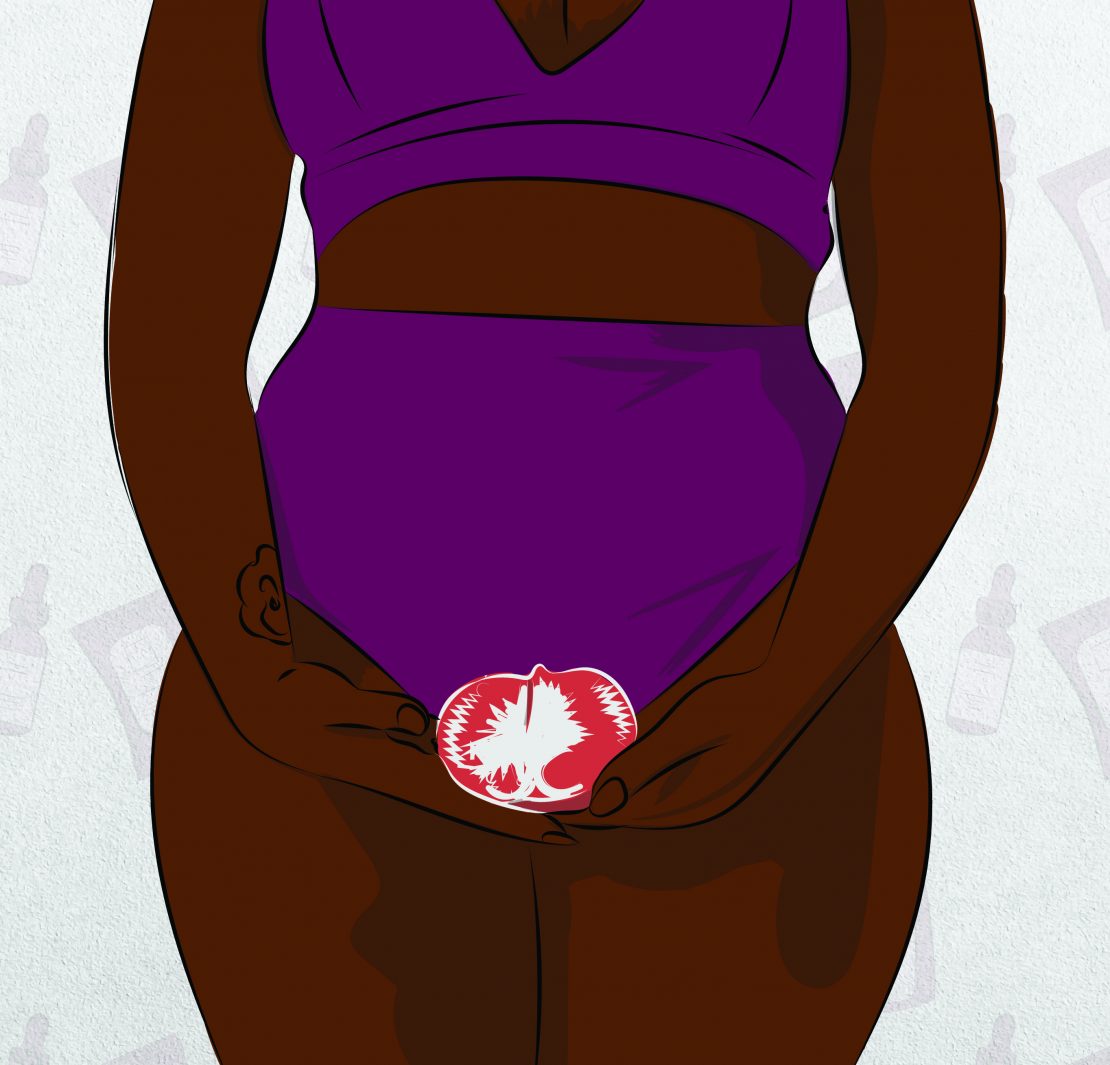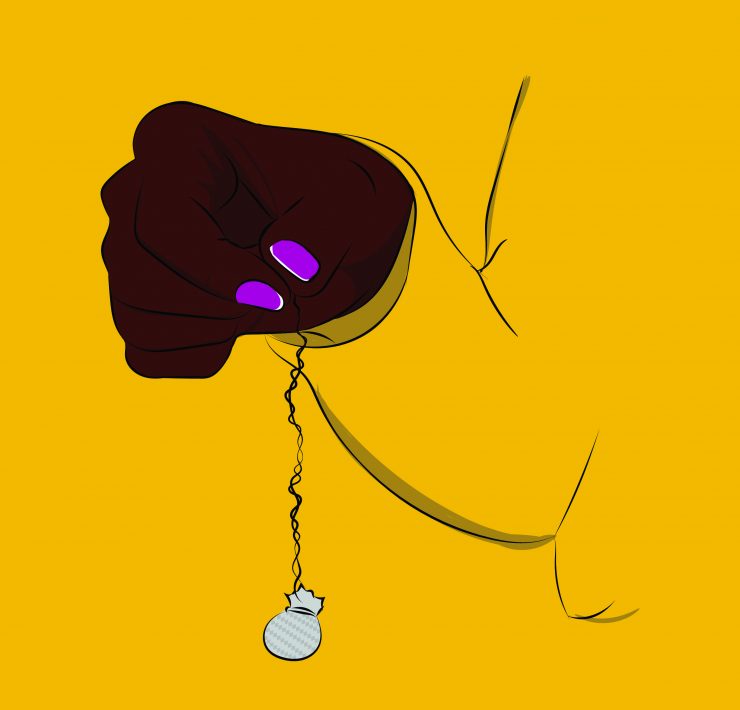In Kenya, over-the-counter vaginal cleansing products are a growing market. The majority of these products, which include soaps, wipes, deodorants, and powders, are marketed to women as trendy and desirable. The advertising suggests to women that these products are necessary for vaginal hygiene, and typically uses terms like “clean” and “fresh,” as well as capitalizing on cultural messages that imply women’s bodies are “problematic, unclean, and inadequate,” and thus require the intervention of cosmetic products to improve their bodies.
According to Data, the global feminine hygiene market is worth USD 19.24 billion in 2020 and is expected to grow to USD 27.80 billion by 2027. Female hygiene products include a variety of intimate washes, wipes, shaving gels, and lubricants, as well as intimate douches and products for alternative care procedures such as vaginal steaming, which has become popular in many countries, including Kenya.
According to Research and Markets report, Africa and the Middle East offer lucrative market opportunities for feminine hygiene products. Feminine washes, gels, and rinses are the most popular product categories in the feminine intimate wash market, with feminine wipes coming in second. Because there is less awareness, the preference for feminine wipes is lower than that for intimate wash and gels. Furthermore, the prices of such products are higher than those of intimate wash. Moisturizers and creams are the market’s last survivors in the feminine wash (hygiene products) category.
Because of increased internet penetration, the market for these products is expected to grow through online retailers, according to the report. “Because the majority of consumers prefer online shopping, this is likely to have a positive impact on the customer base.” Furthermore, the frequency of online searches has increased significantly in the last two years, creating more business opportunities for the market,” according to the report.
Manufacturers of feminine hygiene products are focusing heavily on the Middle East and Africa markets by introducing new products with improved properties, competitive pricing, product design, and packaging.
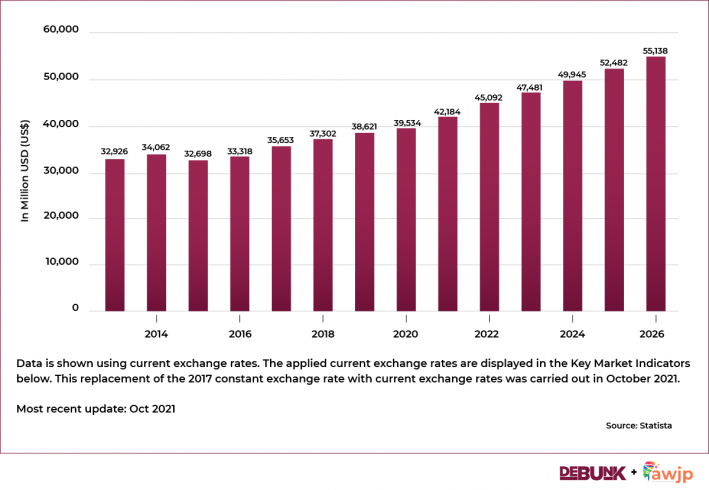
In a country where discussing female anatomy and the reproductive system is still frowned upon, many women and girls have little or no access to accurate information about such products. The pressure to be ‘perfect’ in all aspects of life, including the most intimate parts of the body, as well as the fear of being body-shamed, has led many women and girls to seek out products and services that promise this perfection. Many of these products are harmful to women’s health and have long-term consequences, despite their hyped promises.
“Yoni soap for the cleaning process, Vaginal wipes to carry in the bag or store in your bathroom and The Intimate deo to spray if you keep getting wet around the bikini area. This Trio Keeps you fresh all day. Yoni Soap – 700/- VWipes – 450/- Intimate Deodrant – 900/-” is a post found widely shared on the Instagram account of one of the leading spas in the city.
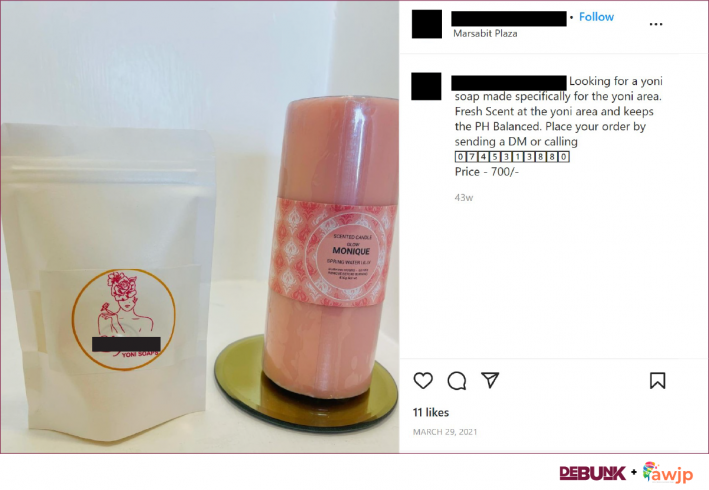
But are these “intimate cleanses” necessary, and are they even safe?
The vagina is a self-cleaning organ that produces a discharge that naturally removes dead cells and bacteria. Many vaginal cleansing products can cause bacterial vaginosis, cervical cancer due to increased risks of contracting human papillomavirus infection (HPV), upper genital tract infections, tubal factor infertility, and ectopic pregnancy, among other things.
“As a result of the use of some of these products, we are seeing an increase in the number of women coming to us with complaints of unhealthy vaginal discharge.” This is due to the growing trend of trying new things without understanding the consequences, such as using soap to clean inside the vagina,” explains Dr Karen Muthembwa, resident Obstetrics and Gynecology, University of Nairobi, and health blogger.
The word douche comes from the French word for “wash” or “soak.” It is a method of cleaning the vagina with a solution of water and vinegar. Women should not douche, according to medical experts and numerous studies on the subject. Douching can disrupt the natural balance of vaginal flora (bacteria that live in the vagina) and acidity in a healthy vagina. Good and bad bacteria coexist in a healthy vagina. The balance of bacteria contributes to the preservation of an acidic environment. The vaginal environment is acidic, which protects it from infections and irritation.
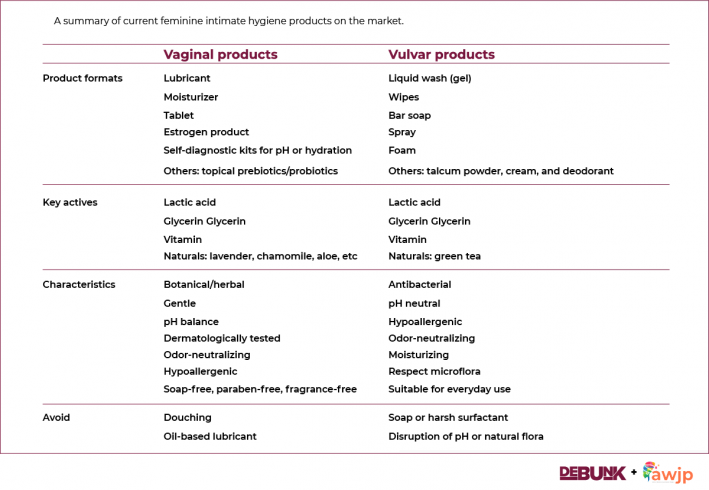
Vaginal infections (bacterial vaginosis), Pelvic inflammatory disease (PID), an infection of the uterus, fallopian tubes, and/or ovaries, pregnancy complications, and even cervical cancer have all been linked to the practice.
Douching has been practiced by women throughout history in a variety of cultures. It was primarily used as a birth control method, with women dousing themselves with honey, olive oil, wine, baking soda, iodine, and even Dettol, vinegar, and Coca Cola in an attempt to prevent pregnancy and STIs, both of which it is incapable of preventing. Douching is being marketed more towards “feminine cleanliness and freshness” in the modern era.
It may seem counterintuitive not to clean the vagina in a society that has pushed women to extremes in the name of cleanliness, but the practice causes more harm than good. The vagina has a natural odor that does not correspond to scents associated with cleanliness, such as roses, mint, or soap. You should be concerned only if that natural odor becomes foul and/or is accompanied by unusual discharge, in which case you should consult your general practitioner or gynecologist.
Do vaginal soaps and oils maintain a healthy vaginal pH?
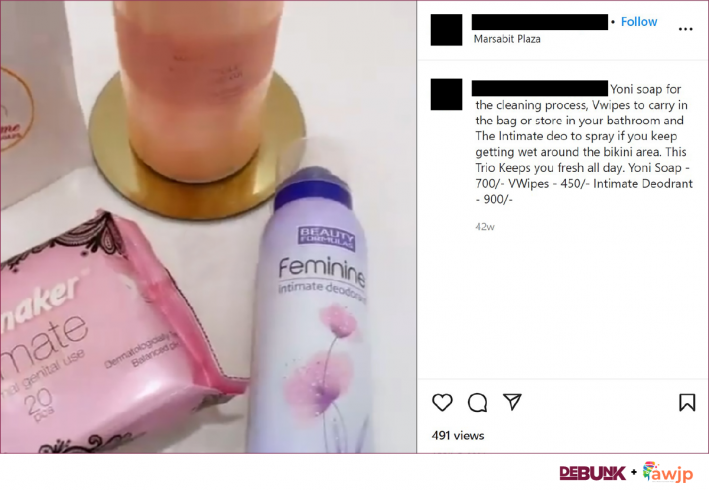
Vaginal pH is important because it maintains the optimal environment for the vaginal health. The pH of the vagina should be between 3.8 and 4.5, making it acidic rather than alkaline. The acid is produced by a bacteria called lactobacillus, and it is this acid that causes the vagina to become acidic.
“What happens if you bring an antibacterial soap or any other foreign item or substance into an area where there are Lactobacilli, which are bacteria?” It kills the bacteria, so there is no acidity because the Lactobacilli are no longer alive, and the solution becomes more alkaline. “This disables the entire process of vaginal cleaning itself, and you now have something called bacterial vaginosis,” explained Dr Muthembwa.
Because the vagina has a natural symbiotic balance of bacteria, when one bacteria is killed, the others overgrow, causing infections, odor, and discharge because your pH is off.
“I don’t advise using anything in the vagina. In fact, avoid touching the vagina. These days, vaginas are being overly pampered. “They become reliant on such things,” Dr Muthembwa explained.
Do not use artificial items to disrupt the natural functioning of the vagina.
Because the bacteria in the vagina cannot regulate itself, these are typically only prescribed for patients with cancers such as cervical cancer and diseases that affect the bacteria in the vagina.
Nothing foreign should be introduced into the body. Simply use clean water. Wipes and deodorant are not required. “I know people use them, but you can only know the effects afterward, or you could be one of the few who use them and are fine,” Dr Muthembwa explained.
Shower soap should not be antibacterial, especially if you use it to clean your external groin area. Because it is so close to two body openings, the urethra and the vagina, use microbiome sensitive soaps instead. Microbiome is the bacteria, bacteriophage, fungi, protozoa and viruses that live inside and on the human body which are useful for our development, immunity and nutrition. When cleaning the vagina, use normal water and clean fingers with short nails to avoid scratching yourself and causing further problems.
“If you must use a cloth, choose one that is lint-free.” “You don’t need soap,” said Dr Muthembwa.
Vaginal oils, on the other hand, should not be used to cleanse the vagina but can be used during sexual intercourse. Though the vaginal lining lubricates itself when a woman is aroused, an artificial lubricant can help reduce friction during penetration. This is especially true for women who experience dryness as a result of the side effects of birth control and other medications, women in menopause or who smoke, those undergoing chemotherapy, or those who are breastfeeding.
There are several types of lubricants, the most common of which are water-based lubricants, silicone-based lubricants, oil-based lubricants, and natural lubricants.
Water-based lubricants are classified into two types: those that contain glycerin and those that do not. Both of these types are inexpensive, easy to find, and suitable for use with condoms. Products containing no glycerin are less likely to cause vaginal irritation and infection.
Silicone-based lubricants dry out slower than water-based lubricants. They are also safe to use with latex condoms and hypoallergenic, though they are more difficult to remove.
Natural lubricants, such as coconut or olive oil, and synthetic lubricants, such as vaseline, are the two types of oil-based lubricants. Despite the fact that they are safe to use, inexpensive, and widely available, they can destroy latex condoms, resulting in condom failure. Water-based lubricants are preferable.vaginal
Some businesses have also developed organic or vegan lubricants made from botanicals or other environmentally friendly ingredients. They have a shorter shelf life because they are natural, but they are better for the environment and your vagina.
Intimate feminine hygiene products must also be clinically evaluated to ensure that they are well tolerated and provide targeted antimicrobial and other health benefits while not negatively impacting the natural vulvovaginal microbiota.
“This article was produced by the Africa Women’s Journalism Project (AWJP) in partnership with Article 19, Meedan and the International Center for Journalists (ICFJ).”

